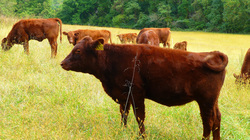
I don't usually like to call out my fellow health-minded writers; after all, we are all in this together, right? We are all trying to do our best to help people learn to make healthier choices and lead healthier lives. And while I'm sure the author of the article I read this week about grass fed-beef had good intentions, it got me pretty fired up, and since this topic is near and dear to my heart, I felt I had to address some of the many points in her article that were misleading, misinformed, or just plain false.
The title of her article is "Is Grass-Fed Beef Worth the Money?", and you may have a different answer than me, and that's fine. But I want to make sure you are getting the facts straight before you decide, so here is my rebuttal.

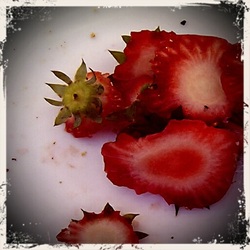
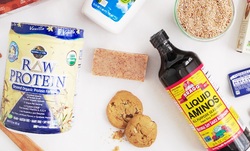
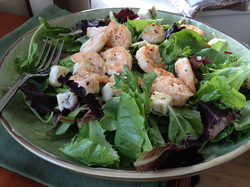
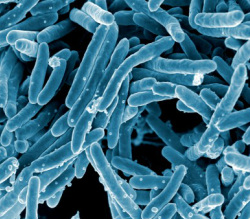
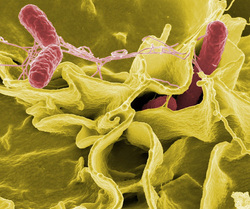

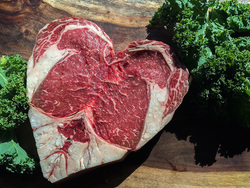
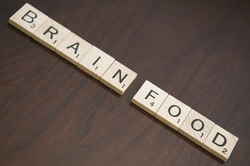



 RSS Feed
RSS Feed